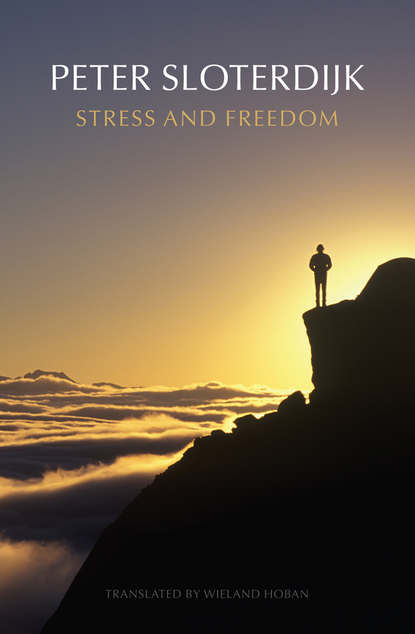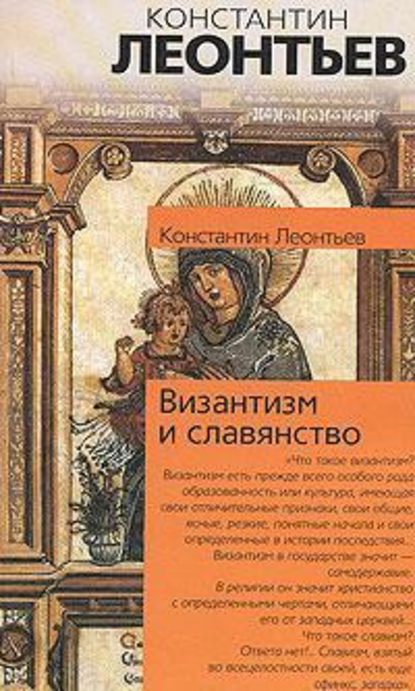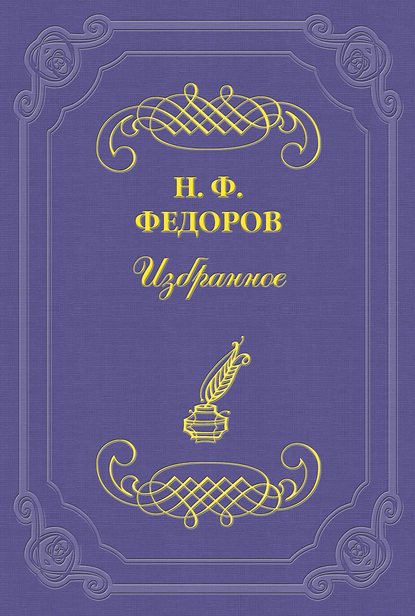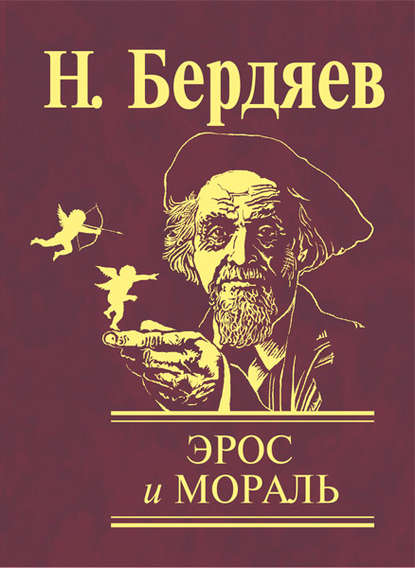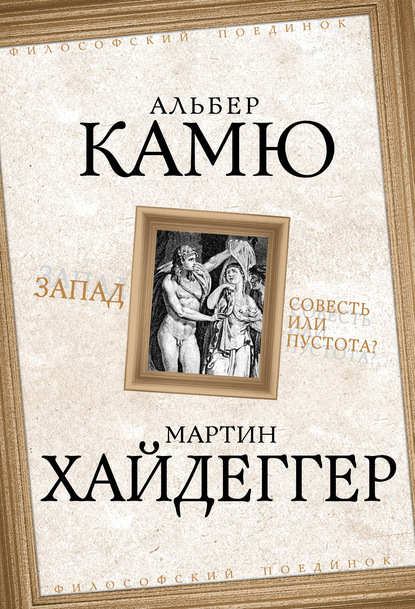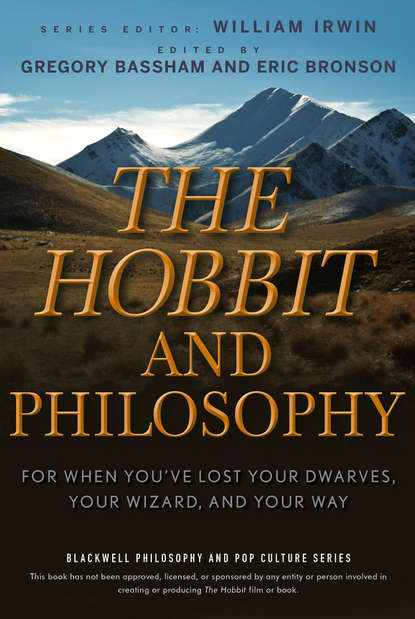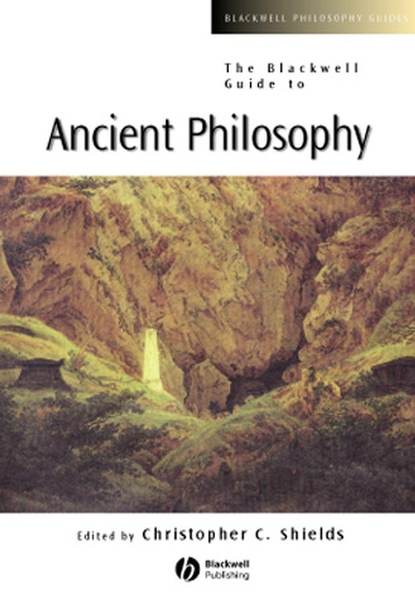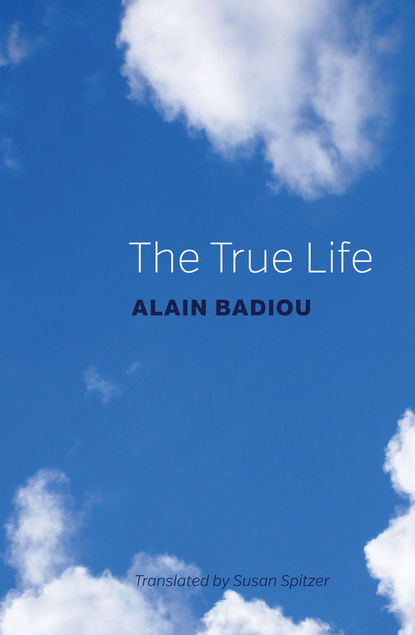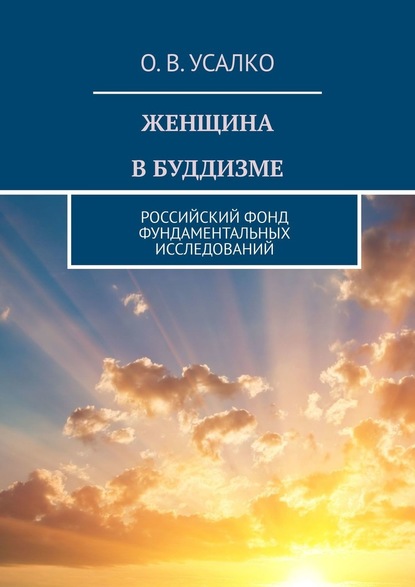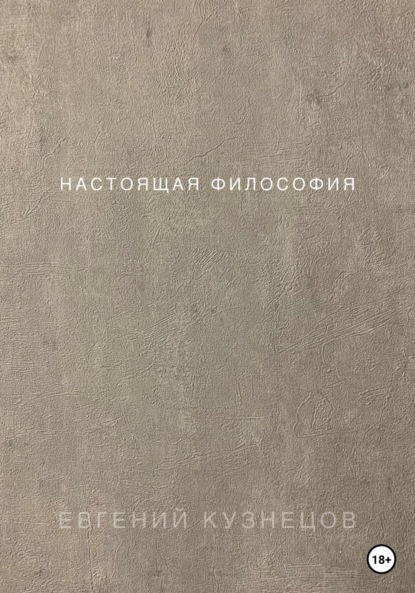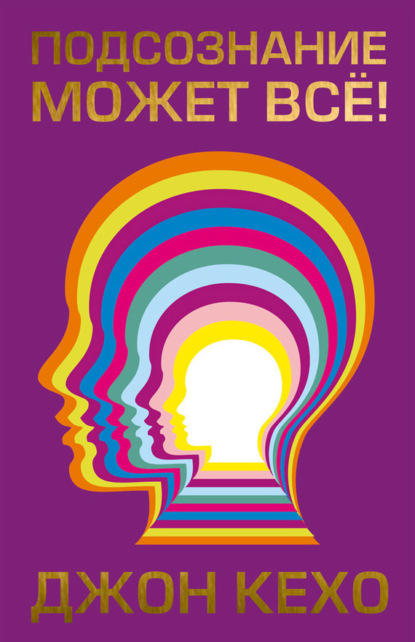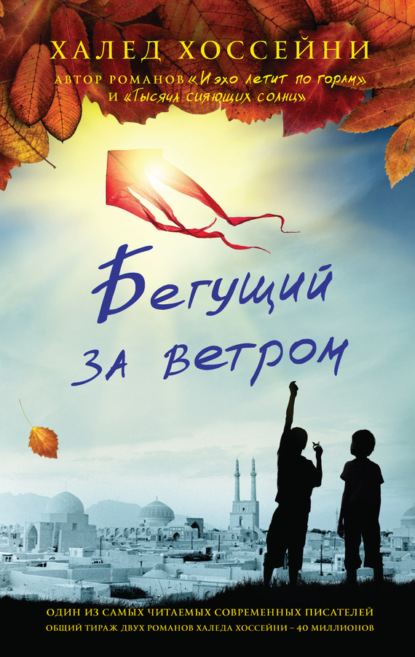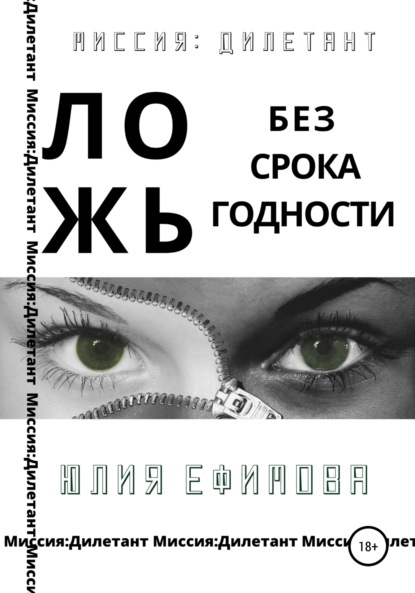"Стресс и свобода" - книга Петера Слотердайка, в которой он предлагает генеалогию понятия свободы от Древней Греции до наших дней. Эта генеалогия является частью более широкой теории большого политического тела, согласно которой Слотердайк утверждает, что политические сообщества возникают в ответ на форму тревоги или стресса. Через оригинальное прочтение "Записок одинокого человека" Руссо, Слотердайк показывает, что для Руссо современный субъект возникает как субъект, свободный от всех стрессов, освобожденный от забот мира. Большинство современной философии, и прежде всего немецкий идеализм, является попыткой усмирить бесполезного и анархического субъекта Руссо и привязать его к заботам мира, к задаче создания мира и самого себя. На основе этого оригинального подхода Слотердайк развивает свою собственную уникальную концепцию свободы, в которой свобода понимается как готовность к невероятному. Эта важная книга, в которой Слотердайк разрабатывает свою концепцию свободы и современного субъекта, будет представлять интерес для студентов и ученых в области философии и гуманитарных наук, а также для всех, кто интересуется современной философией и критической теорией.
In this impressive short work, Polish-American philosopher Peter Sloterdijk projects into the far past and the very future a genealogical journey of freedom from antiquity to the here and now–a journey that intersperses with a masterful tour of late Rousseau focused on one who, free from stress and burden, emerges in thought as the paradigm of the aesthetic and non-hypocritical subject. Like most eminent philosophical thinkers, this reinterpretation of historical figures like Rousseau is nothing if not revolutionary. And most notable, considering Sloterdijk? It also adds explosive accountability to the continued vitality of continental philosophy in our troubled and anxious time.
Электронная Книга «Stress and Freedom» написана автором Peter Sloterdijk в году.
Минимальный возраст читателя: 0
Язык: Английский
ISBN: 9780745699301
Описание книги от Peter Sloterdijk
In this short book Peter Sloterdijk offers a genealogy of the concept of freedom from Ancient Greece to the present day. This genealogy is part of a broader theory of the large political body, according to which Sloterdijk argues that political communities arise in response to a form of anxiety or stress. Through a highly original reading of Rousseau's late Reveries of a Solitary Walker, Sloterdijk shows that, for Rousseau, the modern subject emerges as a subject free of all stress, unburdened by the cares of the world. Most of modern philosophy, and above all German Idealism, is an attempt to reign back Rousseau's useless and anarchical subject and anchor it in the cares of the world, in the task of having to produce both the world and itself. In the light of this highly original account, Sloterdijk develops his own distinctive account of freedom, where freedom is conceptualized as the availability for the improbable. This important text, in which Sloterdijk develops his account of freedom and the modern subject, will be of great interest to students and scholars in philosophy and the humanities and to anyone interested in contemporary philosophy and critical theory.
